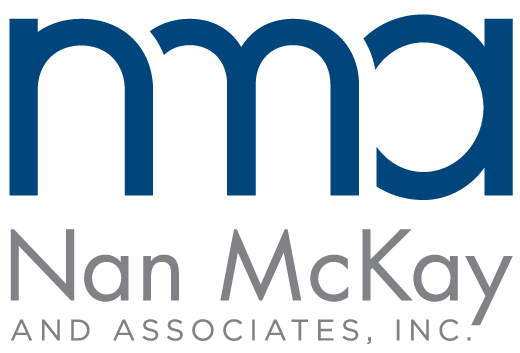How to make informed reasonable accommodation determinations: Step #2

Step #2: Identify the core request and the nexus.
Once a PHA has determined that an individual is a person with disabilities, they must identify the accommodation being requested and determine its nexus, or connection, to the barriers created by the disability itself. Essentially, the nexus is what transforms the request from something the individual wants to something they need.
Specifically, the HUD/DOJ Joint Statement on Reasonable Accommodations under the Fair Housing Act states:
To show that a requested accommodation may be necessary, there must be an identifiable relationship, or nexus, between the requested accommodation and the individual's disability.
Examples illustrating this point in the HUD/DOJ Joint Statement include the one below:
A housing provider has a history of providing unassigned parking spaces to residents. A resident with a mobility impairment, who is substantially limited in her ability to walk, requests an assigned accessible parking space close to the entrance to her unit as a reasonable accommodation. There are available parking spaces near the entrance to her unit that are accessible, but those spaces are available to all residents on a first-come, first-served basis. The provider must make an exception to its policy of not providing assigned parking spaces to accommodate this resident.
Lack of nexus is an allowable reason to deny a reasonable accommodation request. According to the Joint Statement:
A housing provider can deny a request for a reasonable accommodation if the request was not made by or on behalf of a person with a disability or if there is no disability-related need for the accommodation.
In any case, it's up to the PHA to work with the family and a knowledgeable professional to identify and verify the nexus when present. We recommend that you take steps to identify the accommodation being requested, and its connection to the disability-created barriers, as part of your agency's verification process.
Next: How to make informed reasonable accommodation determinations: Step #3
Becky Gligo has been a trainer and consultant at Nan McKay and Associates since 2008. She trains hundreds of housing authority staff each year, both in open enrollment and onsite trainings. Ms. Gligo is one of NMA's primary fair housing experts. She has previously written for the NMA blog about fair housing and limited English proficiency (LEP), ensuring accuracy in rent calculation, and ideas for affirmatively furthering fair housing at your PHA.
Do you have concerns about whether or not your agency is compliant with federal fair housing law? Nan McKay and Associates can help. Our resources for your PHA include consulting, a newly-updated video, and a training seminar, also newly updated.

